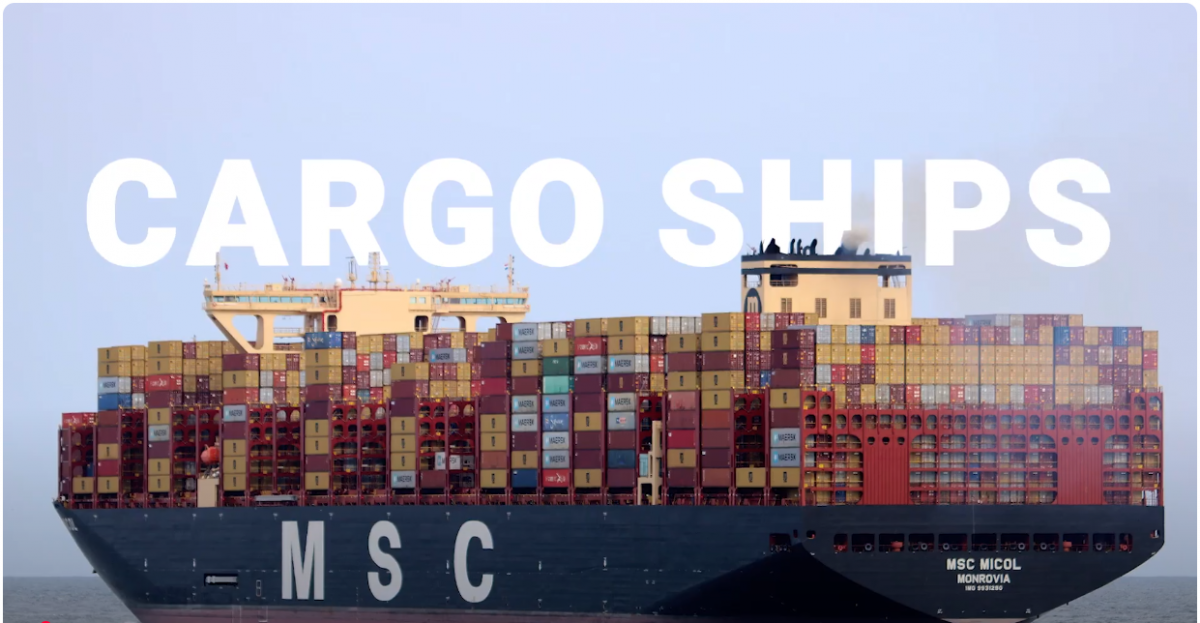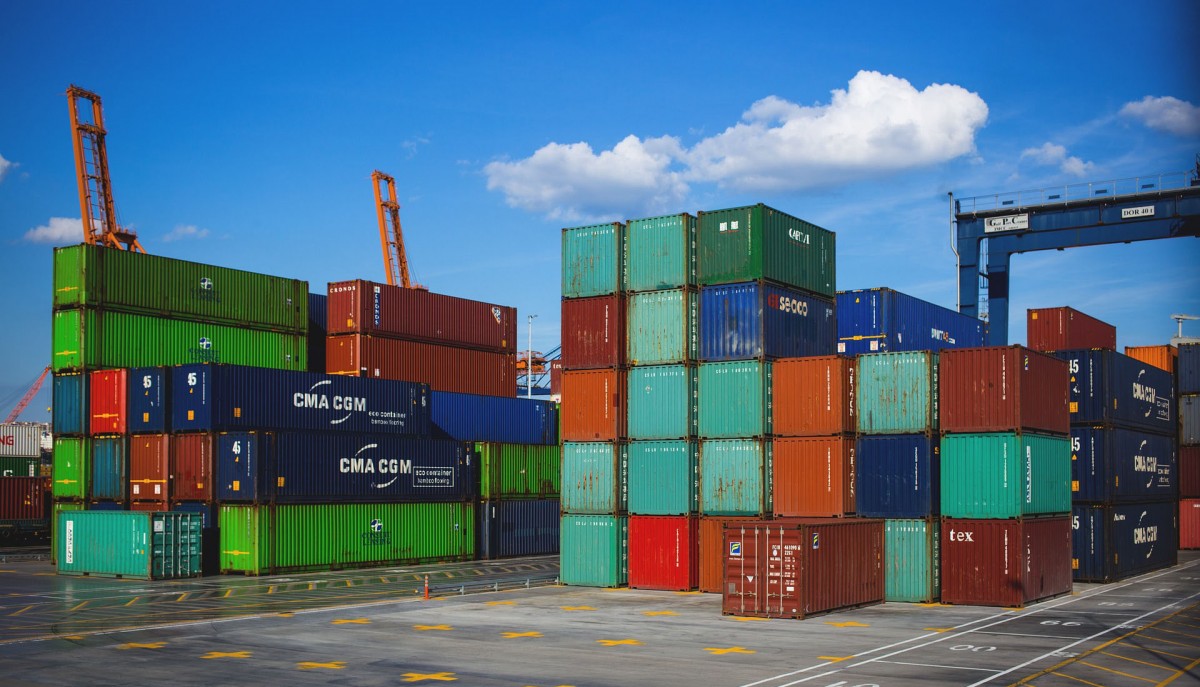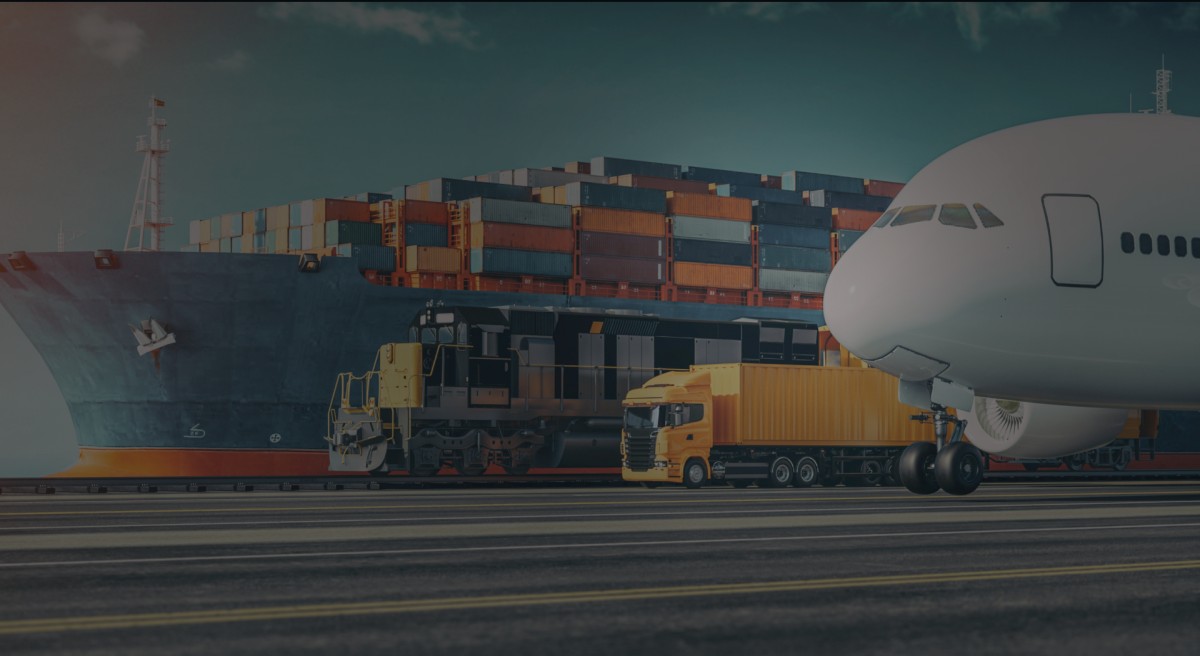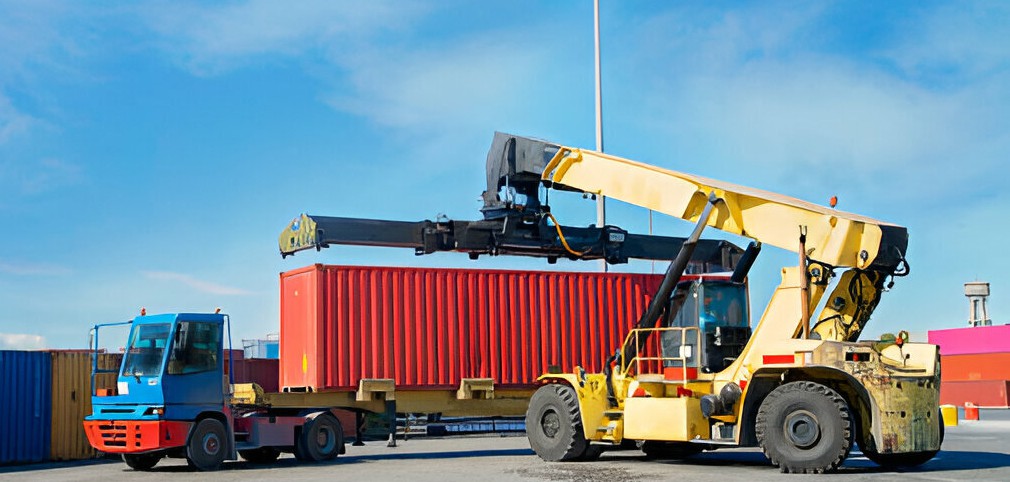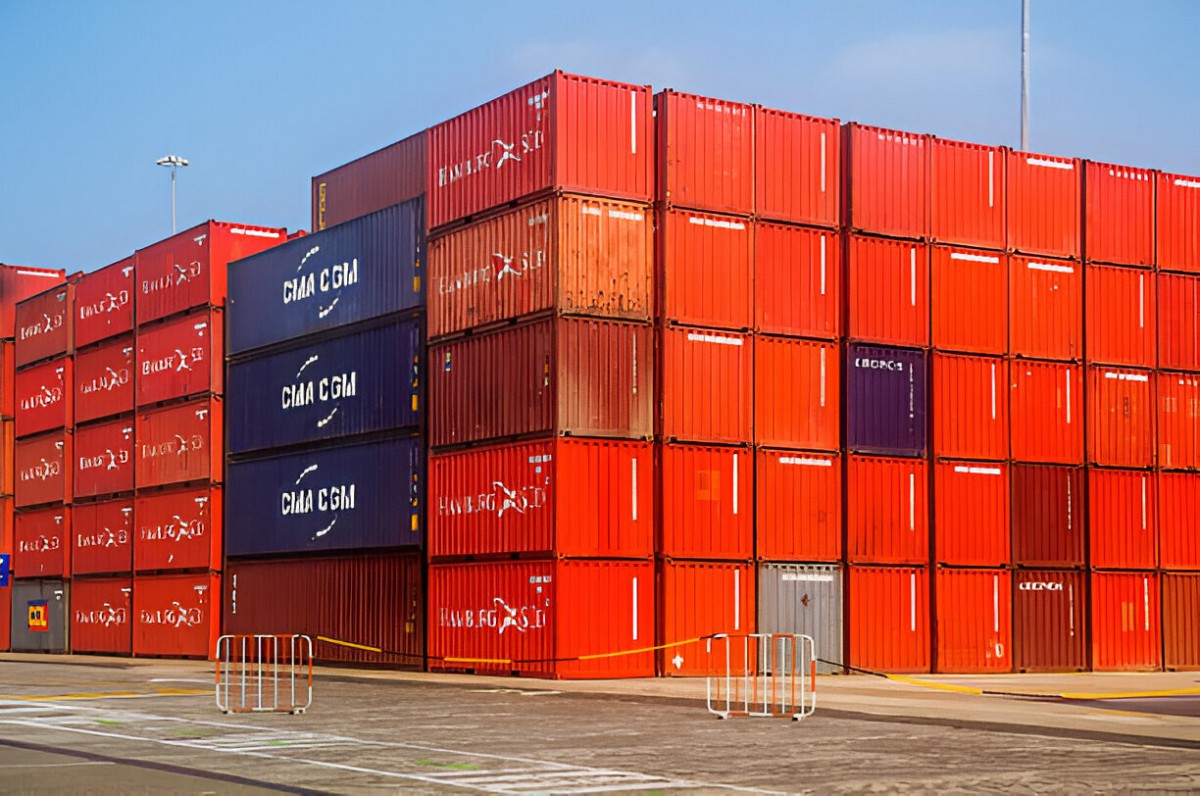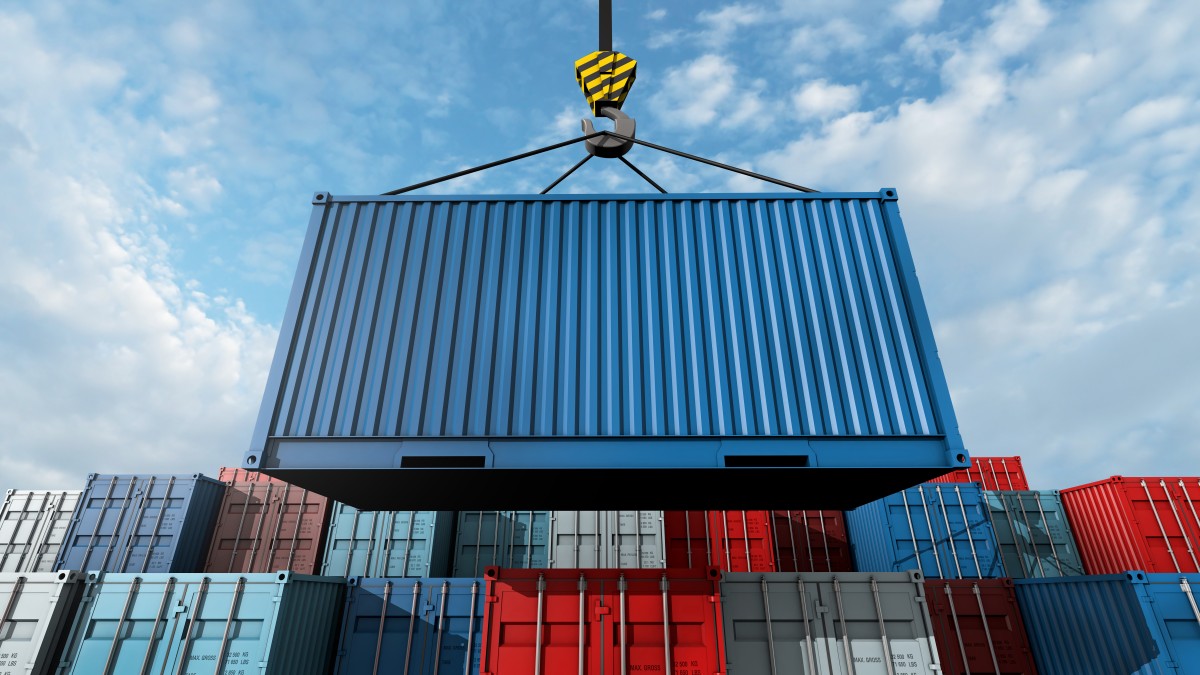Why Delays Can Cost You in Shipping
Demurrage is a fee that applies when your cargo stays at a port longer than allowed. It occurs if a container isn’t picked up or loaded within the number of free days agreed in your shipping contract.
Shipping companies provide a limited time to move containers in and out of the port. If this time is exceeded, daily charges are added. With freight costs already rising, it’s important to understand how demurrage works and how to avoid unnecessary charges.
How Demurrage Impacts Import Shipments
For importers, demurrage starts when a container arrives at the terminal and ends when it’s collected. If the container stays at the port beyond the allowed free days, the shipping line charges a daily fee until it is removed.
What Exporters Need to Know About Demurrage
Export demurrage begins when an exporter delivers a container to the port for shipment. If the container remains at the terminal longer than the free period before being loaded onto the ship, demurrage charges apply.
Why Shipping Lines Charge Demurrage
The purpose of demurrage is to encourage faster movement of goods through ports. When containers sit at terminals for too long, they’re unavailable for other shipments, causing delays and reducing carrier efficiency.
Shipping companies rely mostly on revenue from transporting goods — not on collecting demurrage fees — so these charges are designed to keep container flow moving, not to create profit.
Estimating Your Demurrage Charges
To calculate demurrage for a shipment:
- Use an online demurrage and detention calculator
- Enter the shipment details, estimated discharge date, and truck gate-out date
- The tool will estimate your charges based on the number of days exceeded
Tips to Avoid Demurrage Costs
Here are ways to prevent extra fees:
-
Know your contract terms
Review the contract with your carrier and understand the number of free days. If delays are expected, negotiate extra days. -
Clarify trade responsibilities
Use clear Incoterms to define who handles shipping, loading, and customs clearance. -
Submit customs documents early
Incorrect or missing paperwork is a major cause of delay. Prepare all necessary documents in advance. -
Choose reliable transport partners
Inland delays due to slow or unreliable couriers can result in demurrage. Work with trusted partners. -
Have backup options
Prepare alternatives in case your main port is congested or unavailable. Consider less busy ports or other land carriers. -
Use shipper-owned containers (SOCs)
Although they require upfront investment, SOCs give you more control and reduce the risk of extra charges compared to carrier-owned containers (COCs).
Demurrage vs. Detention
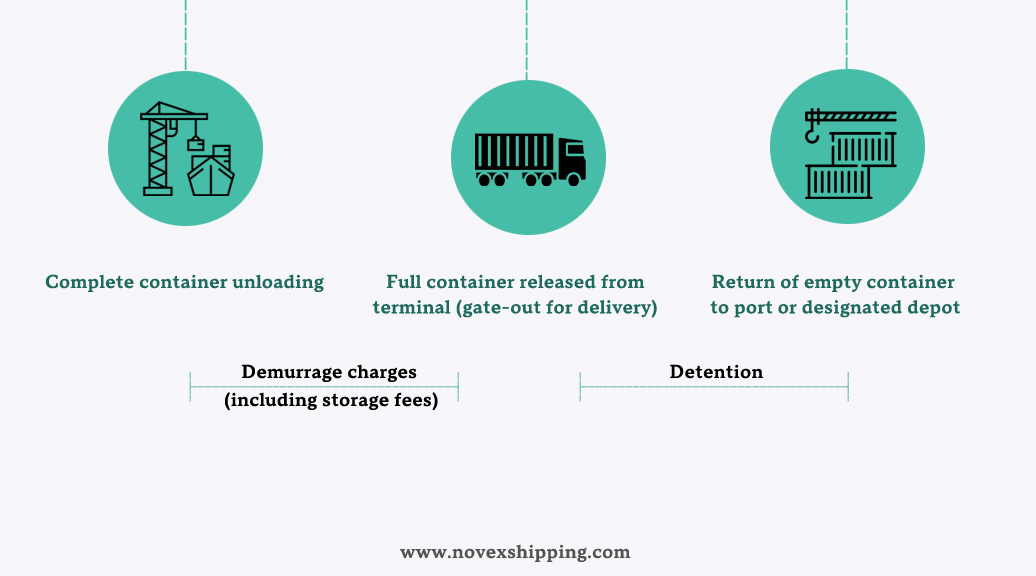
To better understand the difference between demurrage and detention, here’s a quick comparison:
| Aspect | Demurrage | Detention |
|---|---|---|
| Where It Happens | Inside the port terminal | Outside the port terminal |
| What It Involves | Full container waiting too long at the terminal | Container outside the terminal not returned on time |
| Who Pays | Importer or exporter, depending on shipment stage | Importer or exporter, depending on shipment stage |
| When It Starts | After free days expire and cargo is still in port | After free days expire during inland transport |
| Common Cause | Delays in customs, missing documents, or port congestion | Delay in returning the empty container |
| Goal of the Charge | Encourage faster pickup/loading at port | Ensure container is returned and reused quickly |
Why Demurrage Is Becoming More Common
After the COVID-19 pandemic, demurrage and detention fees increased significantly. A study by Container-xChange showed that between 2020 and 2021, average charges doubled at the world’s top 20 ports.
Main causes include:
- Port congestion and delays in unloading
- Limited workforce due to public health rules
- High demand for imports and exports
- Delays in land transport and customs
All of these lead to longer container stays at ports, resulting in demurrage charges.
Common Causes of Demurrage
- Incorrect documentation – missing or inaccurate paperwork
- Delays in customs clearance – inspections or red tape
- Receiver unavailable – if the consignee can't be reached
- Port congestion – not enough space to move containers
- Labor shortages or strikes
- Bad weather – storms or floods delaying operations
What Does Demurrage Cost?
Demurrage fees vary based on:
- Shipping line policies
- Port terminal rules
- Terms in your shipping contract
Typically, the fee is $75 to $300 per container per day. For example, 10 containers held for 5 extra days at $75/day would result in $3,750 in charges.

When Do Demurrage Charges Start?
Ports usually offer 3 to 7 free days before demurrage applies. These days are specified in your contract and may be negotiable depending on the shipping line and destination.
Who Pays Demurrage Fees?
Either the importer or exporter pays, depending on the stage of the shipment. It all depends on the shipping terms (Incoterms) and who is responsible for moving the goods at that point.
Frequently Asked Questions
Can demurrage charges be negotiated with the shipping company?
In many cases, yes. If you’re expecting delays or have a strong relationship with the carrier, you may be able to ask for additional free days or negotiate lower rates — especially if you are a regular customer.
Is demurrage charged the same way at every port?
No. Demurrage rates and free time vary depending on the port, country, shipping line, and contract terms. Always confirm the local rules and terms before your shipment arrives.
What’s the difference between demurrage and detention in simple terms?
Think of demurrage as a fee for keeping a full container too long at the port, while detention is charged for not returning the empty container after it leaves the port.
Can weather or strikes cause demurrage?
Yes. Delays caused by port strikes, extreme weather, or labor shortages can prevent timely movement of containers, resulting in demurrage even if it’s out of your control.
How many free days do I usually get before demurrage applies?
Most ports allow between 3 to 7 free days, but this can vary and should be clearly mentioned in your contract.











